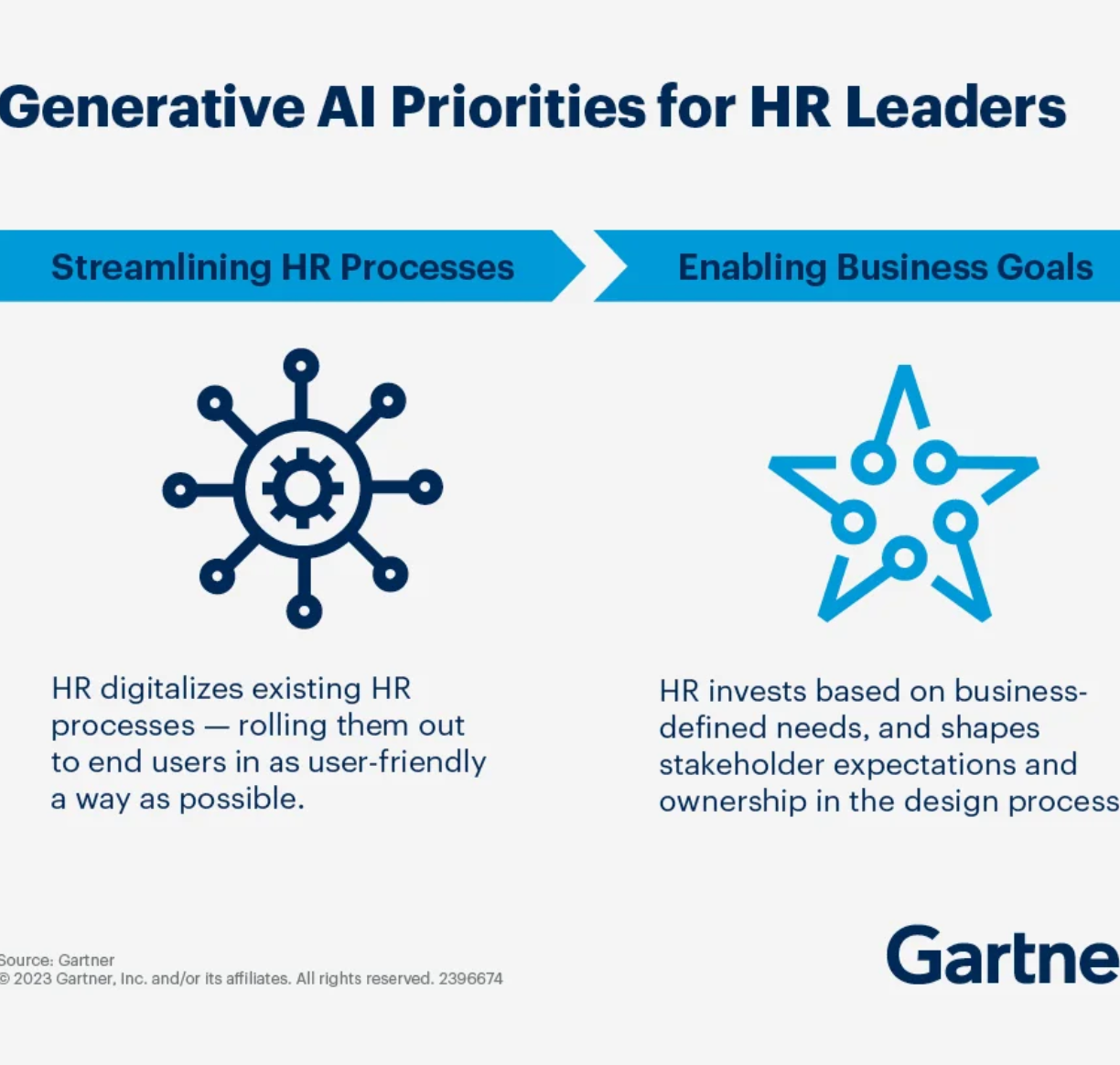HR Technology: Transforming the HR Function

In today’s digital age, Human Resources (HR) departments are leveraging technology to revolutionize traditional HR practices and drive strategic business outcomes. HR technology, also known as Human Capital Management (HCM) technology, encompasses a wide range of tools and platforms designed to streamline HR processes, enhance employee experiences, and enable data-driven decision-making. This comprehensive guide explores how HR technology is transforming the HR function and reshaping the future of workforce management.
Evolution of HR Technology
HR technology has evolved from basic payroll and personnel systems to sophisticated, cloud-based platforms that integrate various HR functions. Key milestones in HR technology evolution include:
-
Automation and Efficiency: Early HR systems focused on automating payroll, timekeeping, and benefits administration to reduce manual tasks and improve accuracy.
-
Integrated Talent Management: Modern HR technology offers integrated solutions for recruitment, onboarding, performance management, learning and development, and workforce planning.
-
Employee Engagement Tools: Advanced HR platforms prioritize employee engagement with self-service portals, mobile apps, and personalized experiences.
-
Predictive Analytics and AI: Emerging technologies like predictive analytics and artificial intelligence (AI) enable proactive workforce planning, predictive hiring, and personalized employee insights.
Impact of HR Technology on HR Functions
HR technology is reshaping traditional HR functions and enabling HR professionals to become strategic partners in driving business success. Key impacts of HR technology include:
-
Recruitment and Talent Acquisition: AI-powered tools streamline candidate sourcing, screening, and selection, improving recruitment efficiency and quality of hires.
-
Employee Engagement and Experience: HR technology enhances employee experiences with personalized communications, digital onboarding, and continuous feedback mechanisms.
-
Learning and Development: Online learning platforms and mobile apps deliver on-demand training content, enabling employees to acquire new skills and stay competitive.
-
Data-Driven Decision Making: HR analytics provide actionable insights into workforce demographics, performance trends, and retention drivers, facilitating informed decision-making.
Future Trends in HR Technology
The future of HR technology is characterized by innovation and integration, with emerging trends such as:
-
Artificial Intelligence and Machine Learning: AI-driven HR tools will continue to automate routine tasks, predict workforce trends, and enhance HR decision-making.
-
Employee Experience Platforms (EXP): EXP solutions will focus on delivering seamless, personalized experiences across the employee lifecycle, driving engagement and retention.
-
Remote Work and Digital HR: HR technology will support remote work with virtual collaboration tools, remote onboarding solutions, and digital workforce management.
-
Ethical AI and Data Privacy: As HR relies more on AI, there will be a growing emphasis on ethical AI practices and data privacy to maintain trust and transparency.

